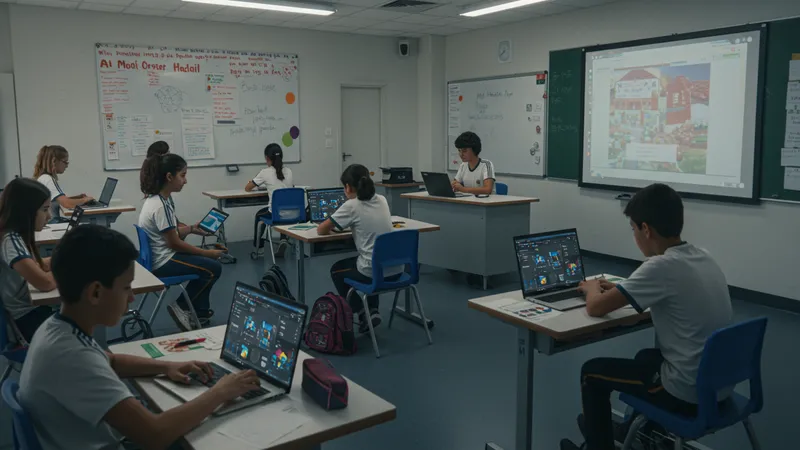
AI Cybersecurity Solutions For Brazilian Small Businesses
The Next Frontier: AI for Social Good
AI is transcending traditional business benefits, offering tools and insights that support broader societal goals. Brazilian businesses are now exploring AI as a force for societal improvement — from education and healthcare to public services.

AI-driven educational programs provide personalized learning experiences, helping students improve outcomes while tailoring instruction to individual needs. The convergence of AI and education promises increased accessibility and efficiency, unlocking potential for future generations.
Healthcare is another sector witnessing transformation, with AI innovations driving improved diagnostics, treatment precision, and patient care. This application enhances the overall quality and equity of services, strengthening public health initiatives.
Business leaders champion AI’s integration into social sectors, recognizing the dual benefits of profitability and social responsibility. By aligning AI with societal goals, businesses redefine the narrative, showcasing how innovation supports growth and social good.